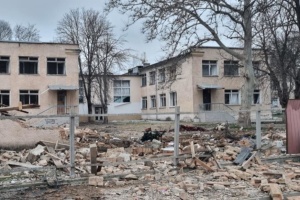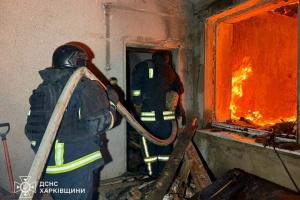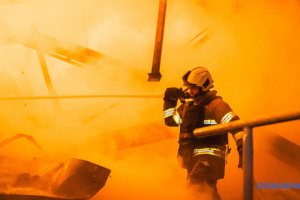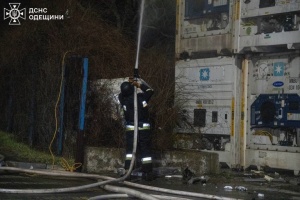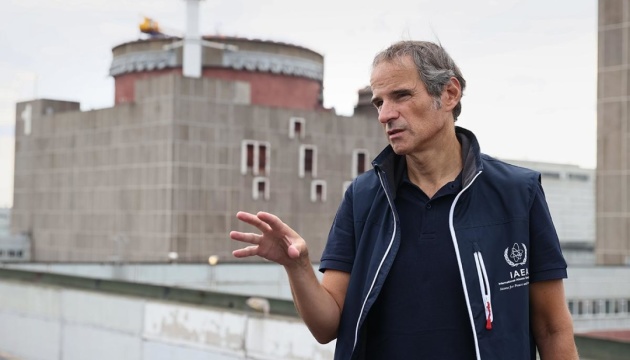
IAEA experts need access to occupied Zaporizhzhia Thermal Power Plant - Grossi
IAEA Director General Rafael Mariano Grossi said this in a statement on the situation in Ukraine, according to Ukrinform.
"The thermal power plant plays a key role for the safety and security of the nuclear power plant a few kilometers away. I fully expect that our experts will be able to go there very soon to independently assess the situation," he said.
According to Grossi, he will personally raise this important matter with the Russian occupation administration of the Zaporizhzhia Nuclear Power Plant.
According to the report, the level of the Kakhovka reservoir has been dropping rapidly since the downstream dam was severely damaged, but the ZNPP reported over the weekend that it had been stable for about a day as measured at the inlet of the Zaporizhzhia Thermal Power Plant (ZTPP) where water is pumped into a channel for use at the nearby nuclear power plant.
At the same time, by 09:00 on June 11, the water level by the ZTPP was estimated at 11.27 meters, down from nearly 17 meters before the dam was breached, according to data received by the IAEA experts at the ZNPP site. However, the height is reportedly continuing to fall elsewhere in the huge reservoir, causing "a possible difference of about two meters compared with the level reported by the ZTPP."
"It is possible that this discrepancy in the measured levels is caused by an isolated body of water separated from the larger body of the reservoir. But we will only be able to know when we gain access to the thermal power plant," Grossi said.
The agency added that at the current height of the reservoir by the ZTPP, the water pumps continue to be operable. At the moment, however, they are not continuously being operated as both the ZTPP channel and the large cooling pond near the ZNPP are full, holding sufficient water reserves for several months of cooling requirements.
Early on June 6, Russian troops blew up the dam of the Kakhovka Hydroelectric Power Plant, which may also have negative consequences for the Zaporizhzhia Nuclear Power Plant.

